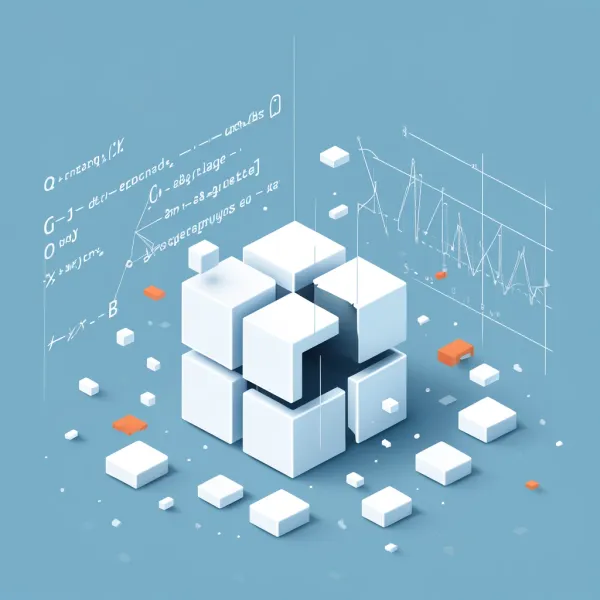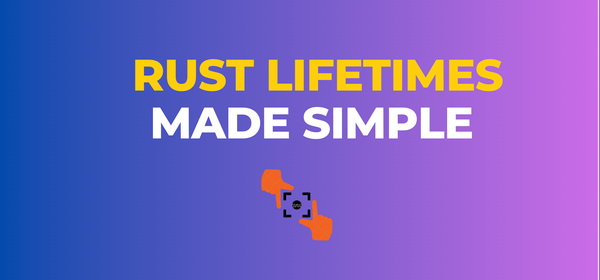What’s Datafication?
Datafication refers to the process of transforming various types of data into a digital format, which can be easily analyzed and used to…

Datafication refers to the process of transforming various types of data into a digital format, which can be easily analyzed and used to generate insights and make informed decisions. In today’s world, the collection and analysis of data have become essential for businesses, governments, and organizations of all kinds to understand their customers, optimize their operations, and develop new products and services.
The datafication process begins with collecting data, which can be generated from various sources, such as social media, websites, sensors, and other devices. The data can be structured or unstructured and include text, images, videos, and other types of information. Once the data is collected, it is cleaned and processed to remove any inconsistencies, errors, or duplicates. The processed data is then stored in a database or a data warehouse, where it can be accessed and analyzed.
Data analysis involves applying various techniques and algorithms to uncover data patterns, trends, and relationships. These techniques range from simple statistical analysis to complex machine learning algorithms that can identify hidden patterns and predict future outcomes. The insights from data analysis can be used to make informed decisions, develop new products and services, and improve existing ones.
One of the critical benefits of datafication is the ability to personalize products and services to individual customers. By collecting and analyzing data on customer behaviour, businesses can better understand their preferences and needs and tailor their offerings accordingly. For example, an e-commerce company may use data on a customer’s browsing and purchase history to suggest products they are likely interested in.
Datafication also enables organizations to optimize their operations and improve efficiency. By collecting and analyzing data on various aspects of their operations, such as supply chain management and logistics, businesses can identify inefficiencies and implement measures to improve their processes. For example, a manufacturing company may use data on machine performance to identify maintenance issues before they result in downtime.
However, datafication also raises concerns around privacy and security. As more and more data is collected and analyzed, there is a risk of data breaches and misuse of personal information. Organizations must ensure that they have robust security measures to protect sensitive data and comply with relevant data protection regulations.
Datafication has revolutionized how businesses and organizations operate, enabling them to make informed decisions, personalize products and services, and optimize their operations. As technology advances, the volume and variety of data available will only increase, making datafication an essential tool for success in the digital age. However, organizations need to balance the benefits of datafication with the need to protect the privacy and ensure data security.
Follow me on Medium and LinkedIn. Let’s connect!
I am looking forward to hearing from you!
All the best,
Luis Soares
CTO | Head of Engineering | Blockchain & Fintech SME | Application Security | Board Member
#data #analytics #bigdata #machinelearning #datadriven #dataculture #enterprisetech #softwareengineering #softwaredevelopment #coding #software



